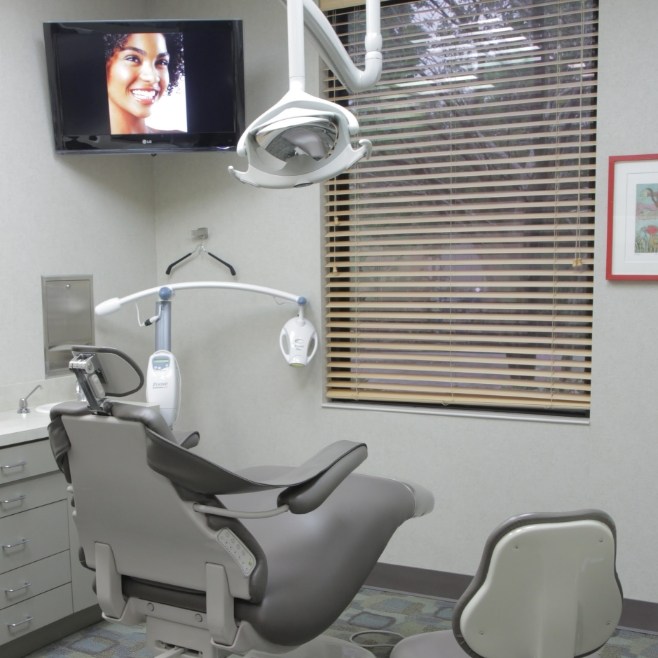4 Common Dental IV Sedatives
 IV sedation is a great option for patients with complex treatment plans, like those involving multiple procedures. Your dentist may recommend sedation dentistry to keep you comfortable while allowing them to complete your dental work quickly. You have 4 popular options to choose from to sit back and relax while you’re in the dentist’s chair.
IV sedation is a great option for patients with complex treatment plans, like those involving multiple procedures. Your dentist may recommend sedation dentistry to keep you comfortable while allowing them to complete your dental work quickly. You have 4 popular options to choose from to sit back and relax while you’re in the dentist’s chair.
1. Midazolam
Midazolam is from a class of drugs called benzodiazepines that are frequently used in dental sedatives. It is recommended for patients with fears or phobias because of its memory loss and anxiety reduction benefits. It has minimal effects on the heart or lungs when injected into a vein. Within 2-3 minutes it will take effect and last for 60-120 minutes, giving your dentist plenty of time to perform your procedure.
2. Propofol
Propofol gets to work quickly in about 90 to 100 seconds. It’s often recommended for shorter procedures because its effects don’t last long. It is administered continuously throughout your procedure, which allows your dentist to have control over the amount you receive to meet your exact needs. However, Propofol contains soybean oil, glycerol, and egg lecithin. It can also cause minor discomfort if it isn’t mixed with an anesthetic.
3. Ketamine
Ketamine is derived from a psychedelic drug called phencyclidine that is known to relieve pain and cause memory loss, so you won’t remember your procedure. The sedative will kick in after 60 seconds after it has been injected. Generally, a single dose lasts for 5-10 minutes, which varies on the amount administered. It is often used for shorter treatments, but your dentist can mix it with other medications for additional benefits.
4. Dexmedetomidine
Dexmedetomidine is unlike the previous sedatives because it induces a sleep pattern that’s like natural sleep. Similarly to when you’re sleeping at night, you can be awakened easily to respond to verbal instructions from your dental team. Depending on your needs, low doses can be administered intravenously to reduce any adverse reactions.
Is IV Sedation Right for You?
Dental sedation is safe for most patients when administered by a trained professional. Some people with underlying health conditions or taking certain medications can be at risk of complications. Your dentist will review your medical history and any prescribed or OTC medications you’re taking to choose the safest sedative for you.
You will be monitored closely by your dental team to intervene at the first sign of a problem. Complications with dental sedation are rare, so there’s no reason to worry.
If you have an upcoming dental procedure, ask your dentist if IV sedation is an option for you. Maintaining a healthy smile doesn’t have to be painful.
About Dr. Roman Kotlarek
Dr. Kotlarek earned his dental degree from The University of Texas Health and Science Center and has completed continuing education in advanced services, like IV sedation. He is a member of various professional organizations, including the American Dental Society of Anesthesiology. If you need a little help to relax at the dentist, contact our office today to see if IV sedation is right for you.

